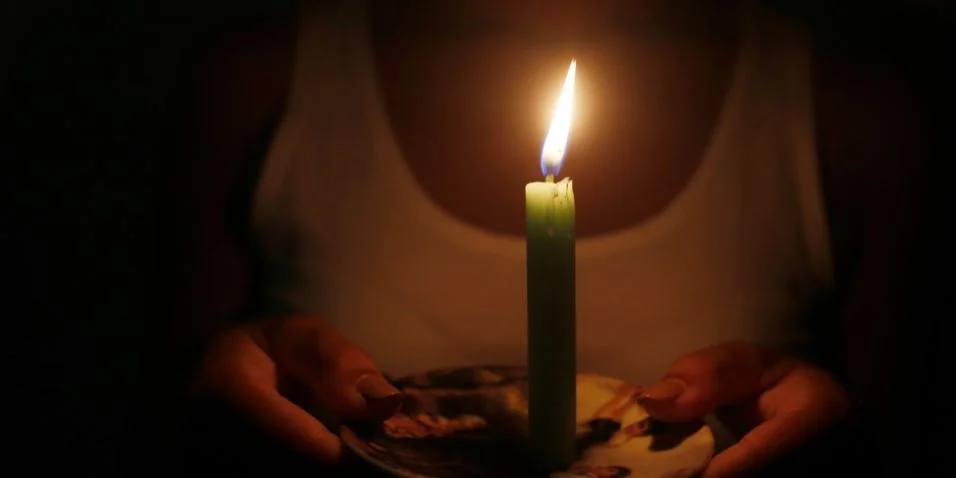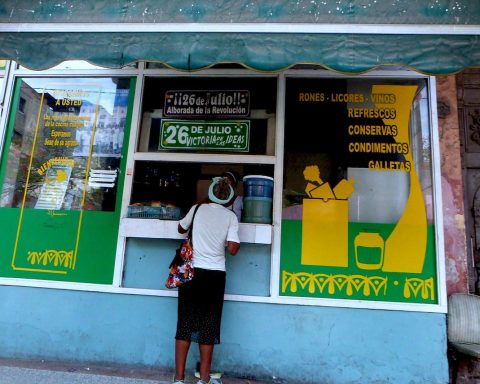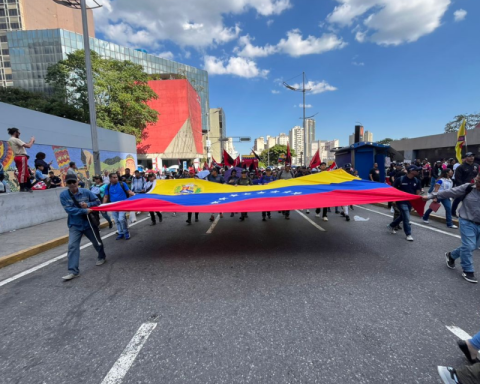AREQUIPA, Peru – Almost half of Cuba will be in blackout this Saturday, a situation resulting from the collapse of the national electro-energy system (SEN), the lack of fuel and in turn aggravated by the recent passage of two hurricanes through the Island.
Units 5 and 8 of the Mariel Thermoelectric Power Plant, the Matanzas CTE unit, unit 5 of the Nuevitas CTE and unit 2 of the Felton CTE are in breakdown. Under maintenance are unit 2 of the CTE Santa Cruz, units 3 and 4 of the CTE Cienfuegos and unit 5 of the CTE Renté.
In your diary partthe Electrical Union (UNE) indicates that 39 megawatts (MW) in Artemisa remain affected by breakdowns in electrical networks caused by Hurricane Rafael.
In the average schedule, a deficit impact of 950 MW is estimated, while the limitations on thermal generation are 270 MW.
In addition, 44 distributed generation plants with 251 MW, the Santiago de Cuba lake (67 MW) and 4 engines in the Melones lake (65 MW) are out of service due to lack of fuel, for a total of 383 affected by this cause. MW.
With this forecast, an availability of 1,565 MW and a maximum demand of 2,980 MW is estimated for the peak hour of this November 23, for a deficit of 1,415 MW, so if the expected conditions continue, an impact of 1,485 MW is forecast. at this time.
Last Wednesday the UNE recorded the highest generation deficit reported so far. At 6:20 in the afternoon, the time of maximum demand, 1,735 MW were missing what was required to keep the country with electricity and there were plenty the blackouts.
In May of this year, the Cuban ruler, Miguel Diaz-Canelsaid the country would experience “prolonged” power outages until June due to maintenance work on the energy system. This measure, according to the authorities, sought to reduce interruptions during the months of July and August, when consumption is highest.
However, the country’s electro-energy situation has worsened to the point that the majority barely have four or five hours of electricity each day. While Havana, the Cuban capital and most populated city, has avoided cutting off the water at night, and blackouts usually last five hours during the day.
















